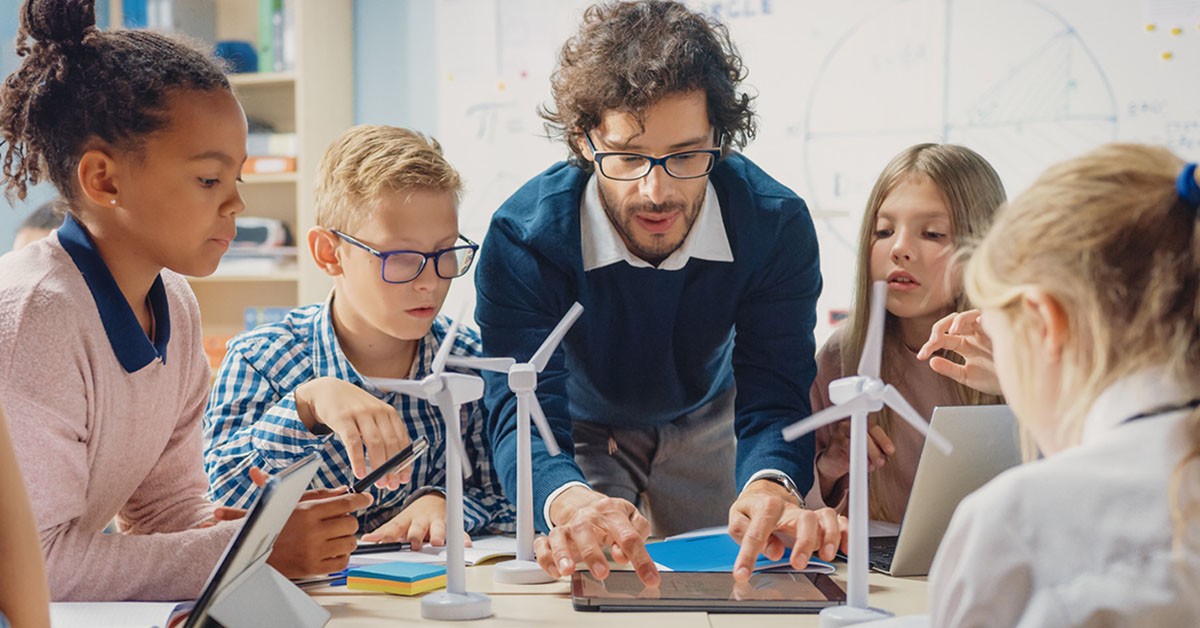As we usher in the year 2023, students, parents, and educators around the world are once again preparing for a return to school. However, the term “back to Language Immersion” has taken on a new meaning in recent years, as the ongoing global pandemic has fundamentally transformed the way we approach education. Navigating the new normal in education has become a shared challenge, one that requires adaptability, resilience, and a commitment to ensuring a safe and enriching learning experience for all. In this blog, we will explore what back-to-school in 2023 looks like, focusing on the key aspects that continue to shape the education landscape.
- Hybrid Learning Models
One of the most significant changes in education over the past few years has been the widespread adoption of hybrid learning models. These models combine in-person and online learning, offering flexibility and accessibility to students of all ages. In 2023, many schools are continuing to refine and improve their hybrid learning approaches, making it an integral part of the education system. This allows for greater customization of learning experiences and better prepares students for a future that increasingly relies on digital skills.
- Enhanced Health and Safety Protocols
While the worst of the pandemic may be behind us, health and safety protocols remain a top priority for schools in 2023. Social distancing, mask-wearing, and regular sanitization procedures continue to be a part of daily life in educational institutions. Vaccination campaigns have played a crucial role in reducing the spread of the virus, and many schools now require students and staff to be vaccinated, further ensuring a safe learning environment.
- Mental Health and Well-being
The pandemic has underscored the importance of mental health and well-being in education. In 2023, schools are placing a greater emphasis on providing support and resources to students and staff to address the emotional toll of the past few years. Counseling services, mental health awareness programs, and stress management techniques are being integrated into the curriculum, acknowledging the importance of emotional resilience for academic success.
- Technology Integration
The integration of technology in education has accelerated exponentially during the pandemic, and it continues to shape the way we learn in 2023. Schools are investing in state-of-the-art technology, such as interactive whiteboards, virtual reality tools, and online learning platforms, to enhance the learning experience. Teachers are being trained to effectively use these tools to engage students and deliver high-quality education, whether in the classroom or remotely.
- Redefining Assessment Methods
Traditional methods of assessment are evolving in response to the changing educational landscape. In 2023, educators are exploring more holistic and authentic assessment approaches that measure not only academic knowledge but also skills like critical thinking, creativity, and problem-solving. This shift in assessment methods aims to better prepare students for the demands of the 21st-century workforce.
- Flexible Learning Environments
The concept of a fixed classroom is evolving into more flexible learning environments. In 2023, schools are embracing adaptable spaces that allow for collaborative learning, individualized instruction, and interdisciplinary projects. These environments foster creativity and a sense of ownership over one’s learning journey.
Conclusion
Back to school in 2023 is a testament to the resilience and adaptability of the education sector. While the challenges of the pandemic have reshaped our approach to learning, they have also accelerated positive changes in education. Hybrid learning models, enhanced health and safety protocols, a focus on mental health, technology integration, evolving assessment methods, and flexible learning environments are all contributing to a more dynamic and inclusive educational experience.
As we navigate the new normal, it’s essential to remember that education is not just about acquiring knowledge but also about developing the skills and mindset needed to thrive in an ever-changing world. With the lessons learned from the past few years, educators, students, and parents are better equipped to embrace the challenges and opportunities that lie ahead, ensuring that education remains a cornerstone of personal growth and societal progress.
